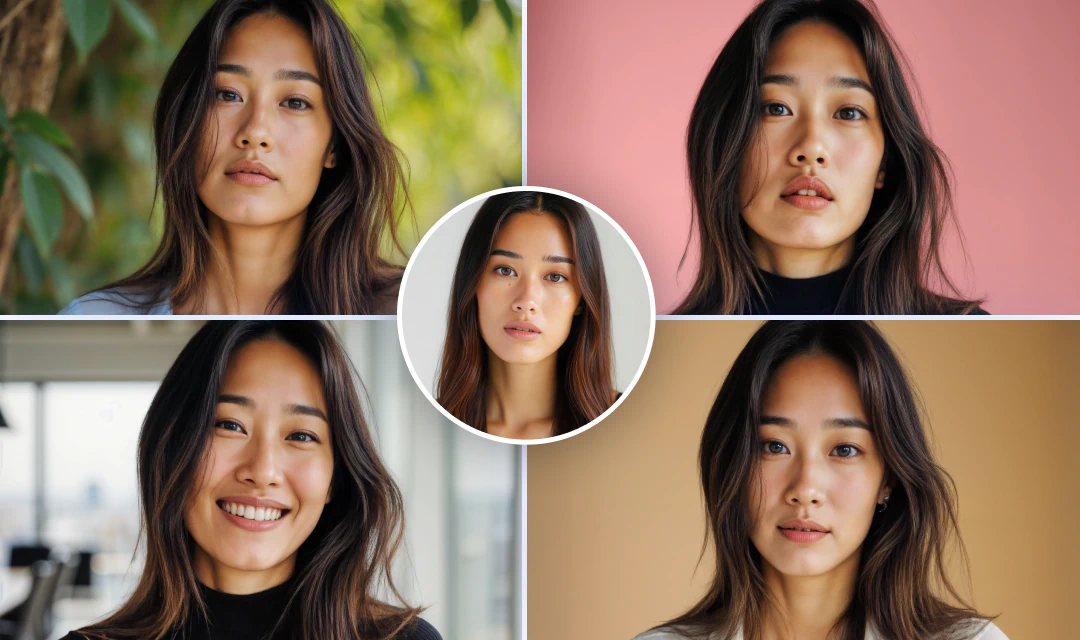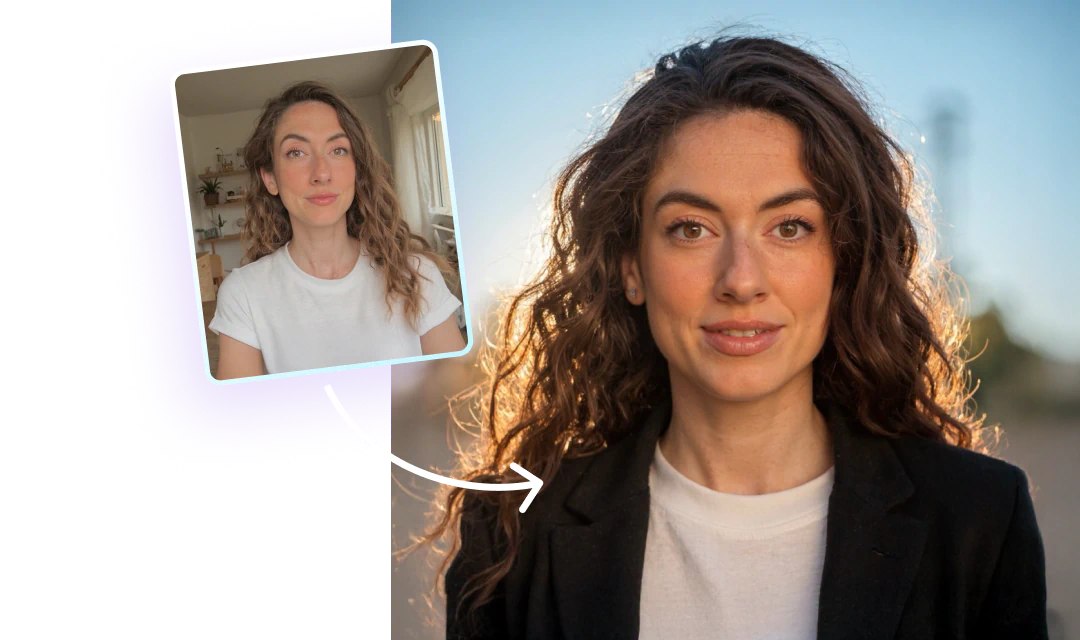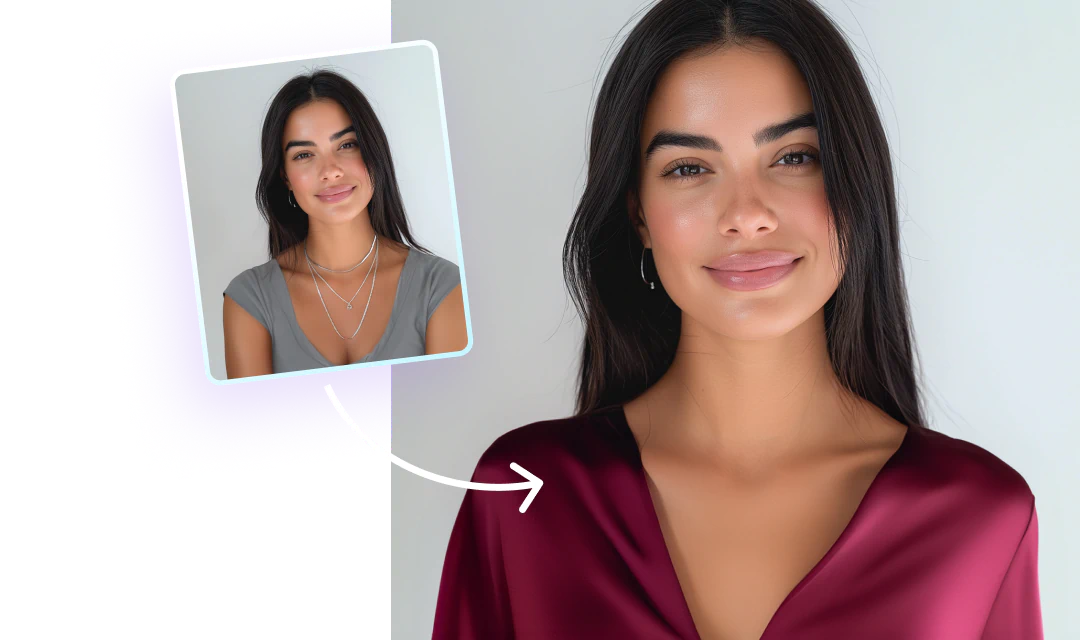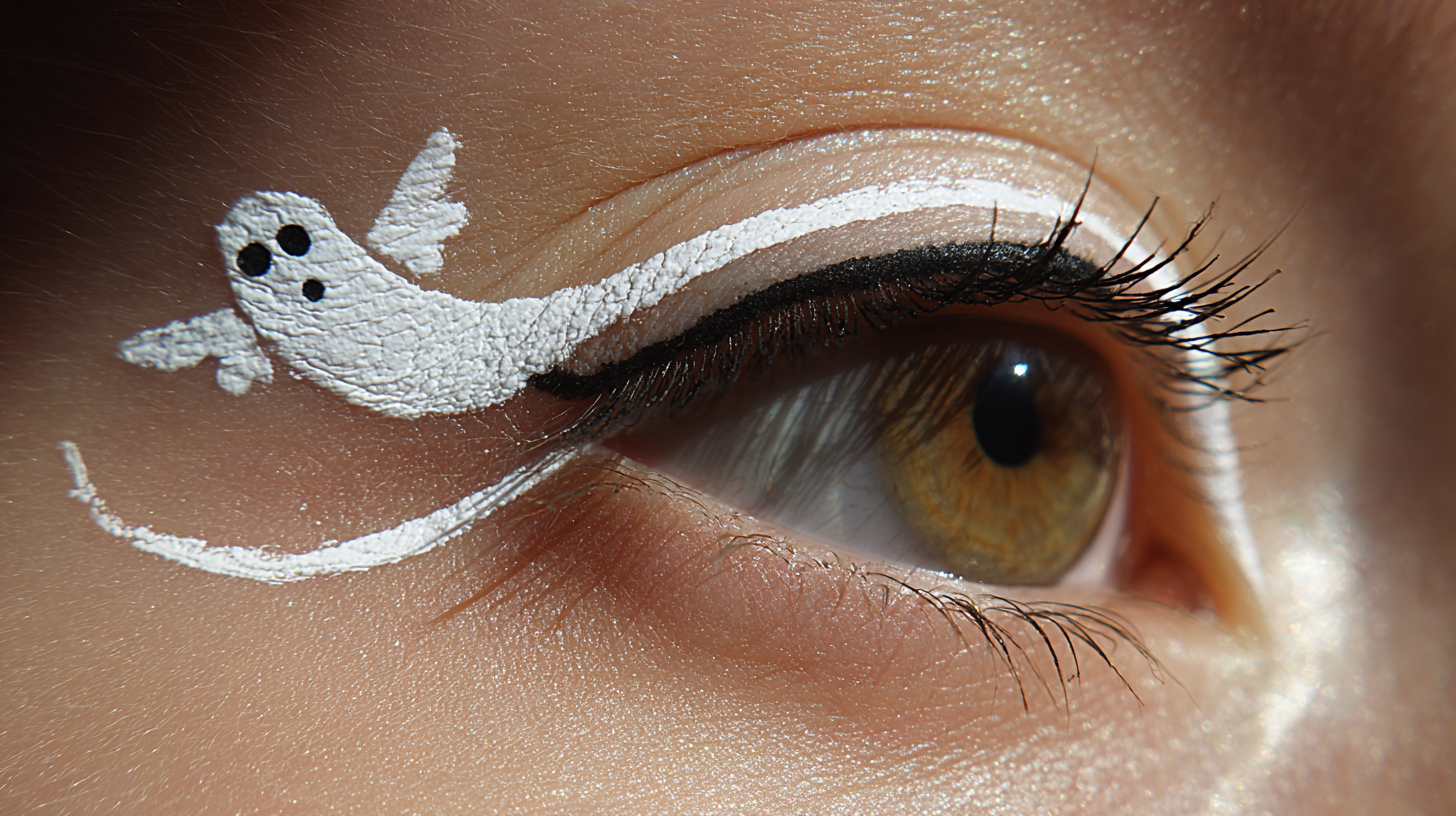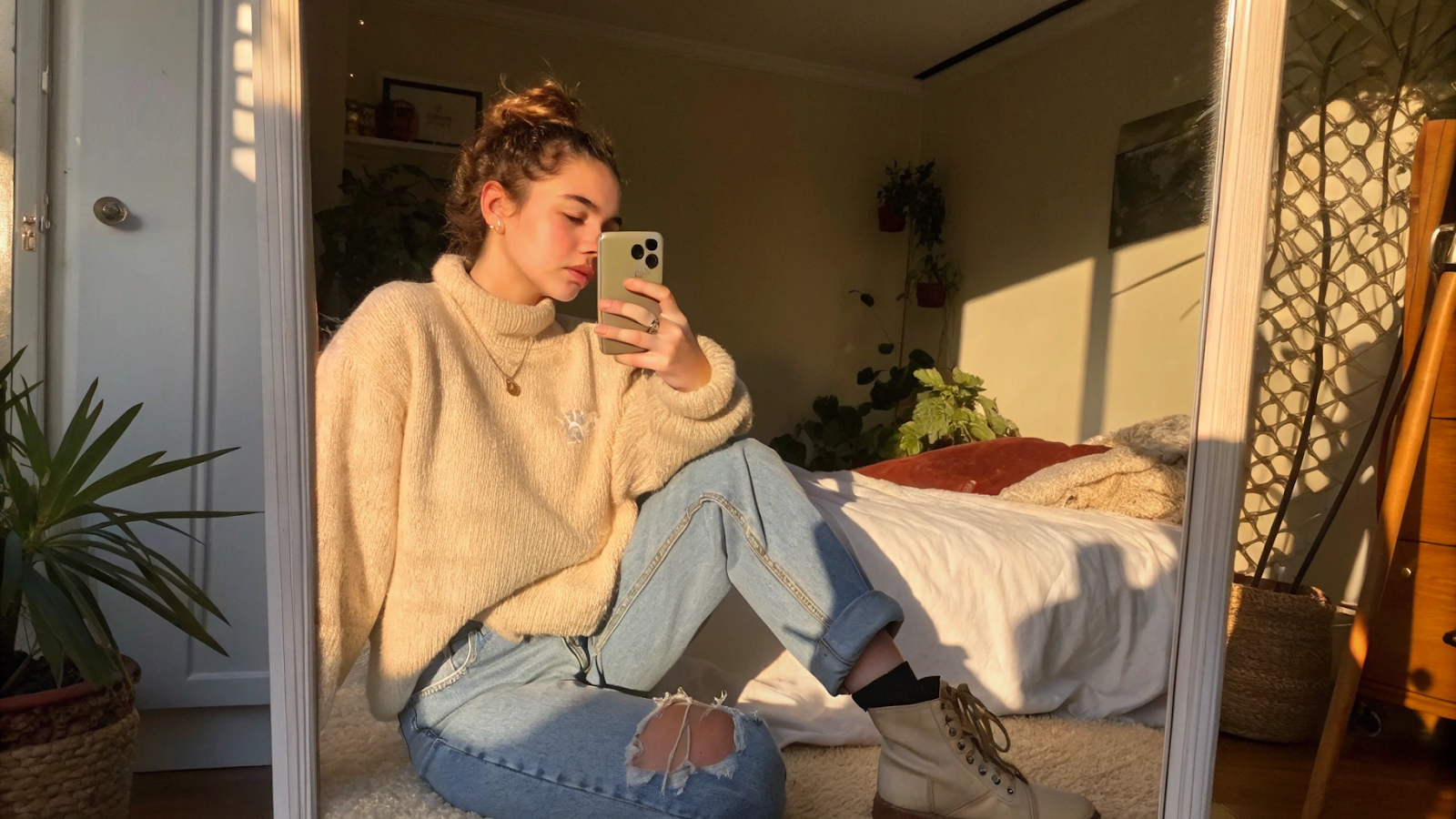Hyaluronic. Paraben. Silicone. Stroll down any drugstore or Ulta aisle and you’ll see a plethora of bright packaging promising you instant results—and a lot of fluffy buzzwords. You might think, “Hm. A firming ‘serum.”’ Sure, my skin could use a little support,” and toss that bad boy into your basket.
But what the heck is a serum, anyway? And, for that matter, what’s up with all these beauty buzzwords? You hear words like “sulfates” and “silicone” thrown around like Real Housewives throw shade.
The world’s got enough BS in it right now. And beauty guides are everywhere. Dive into what these buzzwords actually mean and how they affect your beauty routine.
1. Serum
It may sound like a mad scientist’s concoction, but serums are an effective and, dare we say, sexy addition to your beauty regimen.
Serums are usually in gel or liquid form. They’re packed with nutrients and a ton of concentrated active ingredients. If you want to call in the big guns for tightening your skin, evening your tone, or reducing the appearance of wrinkles, serums are your jam.
2. Hyaluronic acid
The word “acid” shouldn’t scare you here. In fact, your body naturally makes hyaluronic acid, which is a naturally-occurring sugar that keeps your skin hydrated and fabulous.
It’s a humectant, which is a fancy way of saying hyaluronic acid brings moisture to the surface of your skin. If you want JLo-level dewy skin, opt for a moisturizer with hyaluronic acid.
3. Paraben
Parabens are a scary boogeyman ingredient we’ve learned to fear, but what is a paraben, anyway? Parabens are like the Carole Baskin of beauty: they’re almost surely up to something, but we can’t definitively prove it.
We’ve been preserving our skin creams with parabens for over 100 years. It keeps nasty crap like mold out of your pricey Sephora products, increasing their shelf life. While that sounds all well and good, some studies suggest parabens are hormone disruptors.
Tl;dr: parabens could give you the Big C, so steer clear of them in products you want to use regularly. Paraben-free is probs the way to go.
4. Sulfate
Sulfates in beauty products, like sodium lauryl sulfate, are detergents. They’re commonly found in shampoos and cleansers because they stick and emulsify oil. Sulfates make your products foam easily, helping you feel squeaky clean.
Problem is, if you have luscious, textured hair, it won’t play nice with sulfates. In fact, these ingredients can cause frizz and long-term damage. Swipe left on sulfates and opt for sulfate-free products instead.
5. Silicone
Ever wonder how celebs get skin that’s smooth as hell? Well, on top of having ten people doing their makeup before each shoot, they’re also using smoothing ingredients like silicone.
Silicone feels silky and soft AF. It fills in acne scars, large pores, and fine lines, creating a sexy smoothing effect. It’s great as a base layer before applying your BB cream or foundation. Oh, and it makes your foundation look more natural, too, which is always a win.
6. UVA/UVB
What does it mean when your skincare products say they protect against UVA and UVB rays?
Well, sunlight is made up of a lot of things, as it turns out. Ultraviolet (UV) rays cause a lot of damage to your skin: UVBs cause sunburns and UVAs go more deeply, leading to wrinkles.
If you want to protect yourself from cancer and wrinkles, look for products with both UVA and UVB protection.
7. Retinol
People are still talking about trash fire Netflix darling, Love Is Blind, and they’re still talking about retinol—and for good reason. Retinol is an ingredient that encourages cell turnover and collagen production.
This ingredient is badass for several reasons, but the most important are:
- Retinol prevents clogged pores.
- It reduces fine lines and wrinkles.
- Retinol evens out your skin tone.
If you’re worried about dull skin, uneven tone, or signs of scars and aging, retinol is a power-packed ingredient that does the job.
8. Natural
Oh, boy. “Natural” is one of those words we see everywhere on the makeup aisle, but we have no clue what it means.
As it turns out, beauty brands don’t know what it means, either. That’s because the word “natural” is a load of crap. It’s literally made up and has no meaning whatsoever.
A questionable $1 lipstick at Dollar Tree can have the word “natural” on the label and be filled to the brim with all kinds of toxic crap.
(By the way, the word “clean” is also meaningless and unregulated.) (And another by the way, you can add lipstick to your videos and photos really easily!).
If you want beauty products with less crud in them, look for the FDA’s Certified Organic seal or the Certified Vegan seal.
9. Hypoallergenic
So, again, “hypoallergenic” isn’t a regulated industry term. Beauty brands use this word to say, “Well, our product probably won’t give you hives.”
Hypoallergenic products minimize ingredients that flare up your allergies. So yeah, it means the product will cause fewer allergic reactions, but there’s no official measurement or standard for this.
If you’ve got a ton of allergies, hypoallergenic products aren’t allergy-proof. Check the label for any of your known allergens to be extra sure.
10. Non-comedogenic
It’s hard to pronounce, but if you learned how to say Daenerys Targaryen, you can say “non-comedogenic.”
Non-comedogenic means a product is less likely to make you break out. That’s because non-comedogenic ingredients don’t clog your pores as badly, giving your face some damn breathing room.
But guess what? There’s no standard for what non-comedogenic means. Do your research and make sure the ingredients won’t clog your skin.







